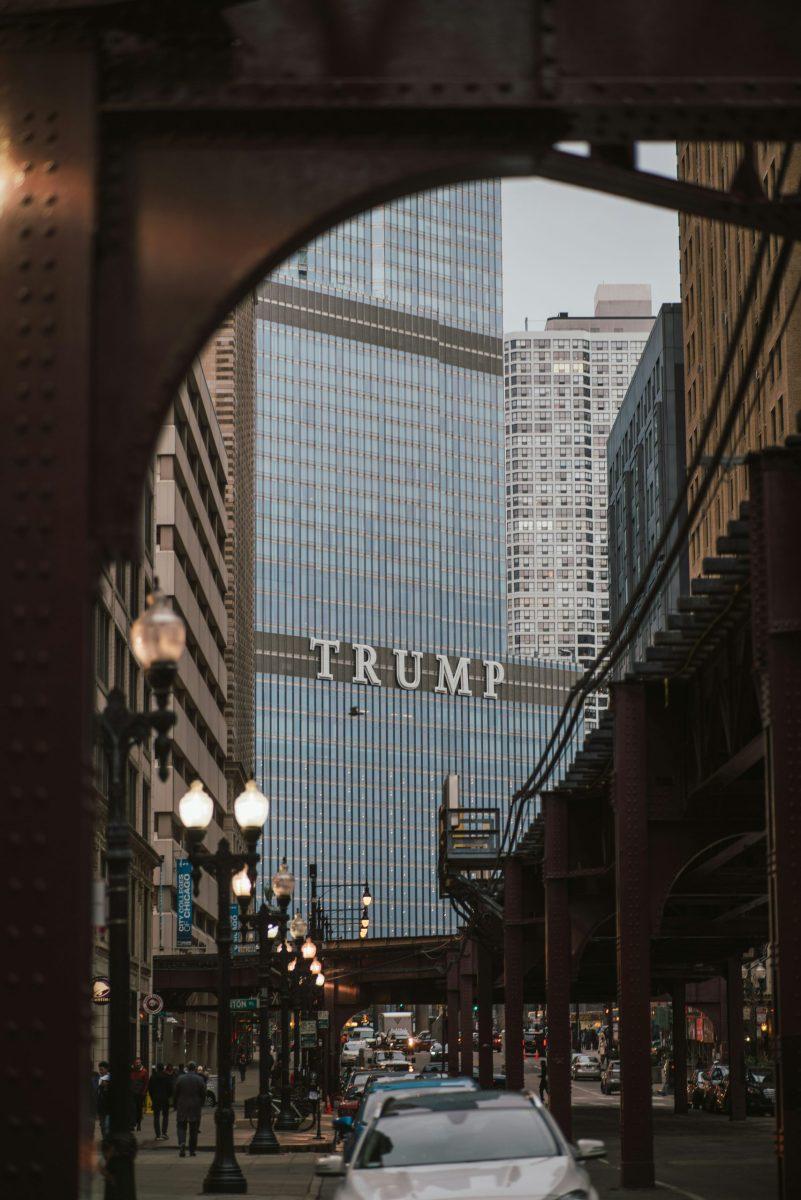In 2016, money was the driving force behind Trump’s campaign — not necessarily its material value, but its integral role in Trump’s image. Trump wasn’t just wealthy, he himself was wealth. He drove sports cars, dated supermodels, and owned buildings with his name plastered over them. When he was elected as the 45th President of the United States, it was done as an implicit promise: elect me as President, and I’ll make you just as rich as I am. Despite his inflammatory commentary, he managed to portray himself as a ticket for upward economic mobility, capturing enough electoral votes to clinch the presidential seat.
But in the years since, Trump’s integral wealth has become secondary, even irrelevant for his political persona. In 2020, when Michael Bloomberg (net worth $106.2 billion) ran for president, he made the mistake of campaigning against 2016 Trump. On paper, Bloomberg and Trump seemed like mirror images of one another: arrogant billionaires, a history of sexist alpha-male mentalities and a love for everyday opulence. When questioned on Trump, Bloomberg even commented, “Who’s the other one?”— assuming that his superior wealth would easily defeat his opponent.
He was wrong. Winning an embarrassing 61 delegates with $935 million, Bloomberg’s defeat showed that Trump’s appeal was no longer money-based. The truth is, Trump as a politician has gone through such dynamic change that he can barely be compared to his 2016 self. Since Trump entered the mainstream political scene in 2016, he has perfected his simple populist language to become one of the most effective political communicators in modern history. In 2016, Trump’s straightforwardness and populism served to advertise “Trump the Billionaire.” In 2024, this outspokenness is no longer the opening performance — it’s the principal act.
In 2024, Trump now owes half a billion dollars in legal fees and may continue to lose more and more of his fortune as he progresses through his 88 felony charges. This may have been a crushing blow to 2016 Trump, but 2024 Trump weathers this financial attack easily, for he has transformed from political outsider into political convict. As he creates this victim narrative that clashes with every metric of reality, Trump is betting on his ability to convince and charm against “the establishment”— and his enduring Republican popularity affirms this.
Ultimately, the coming presidential election is dangerous in that Trump represents the Republican Party’s descent into flashiness and controversy over true policy stances. Trump’s surprise victory over Clinton resulted in part because Republicans disgusted by Trump’s language and brashness ended up voting along party lines regardless. He was considered a disreputable person, but a solid choice for the economy and domestic policy. Today, Trump’s ability to sell not just his money, but his personality and character represents a moral decline in the Republican Party itself.




